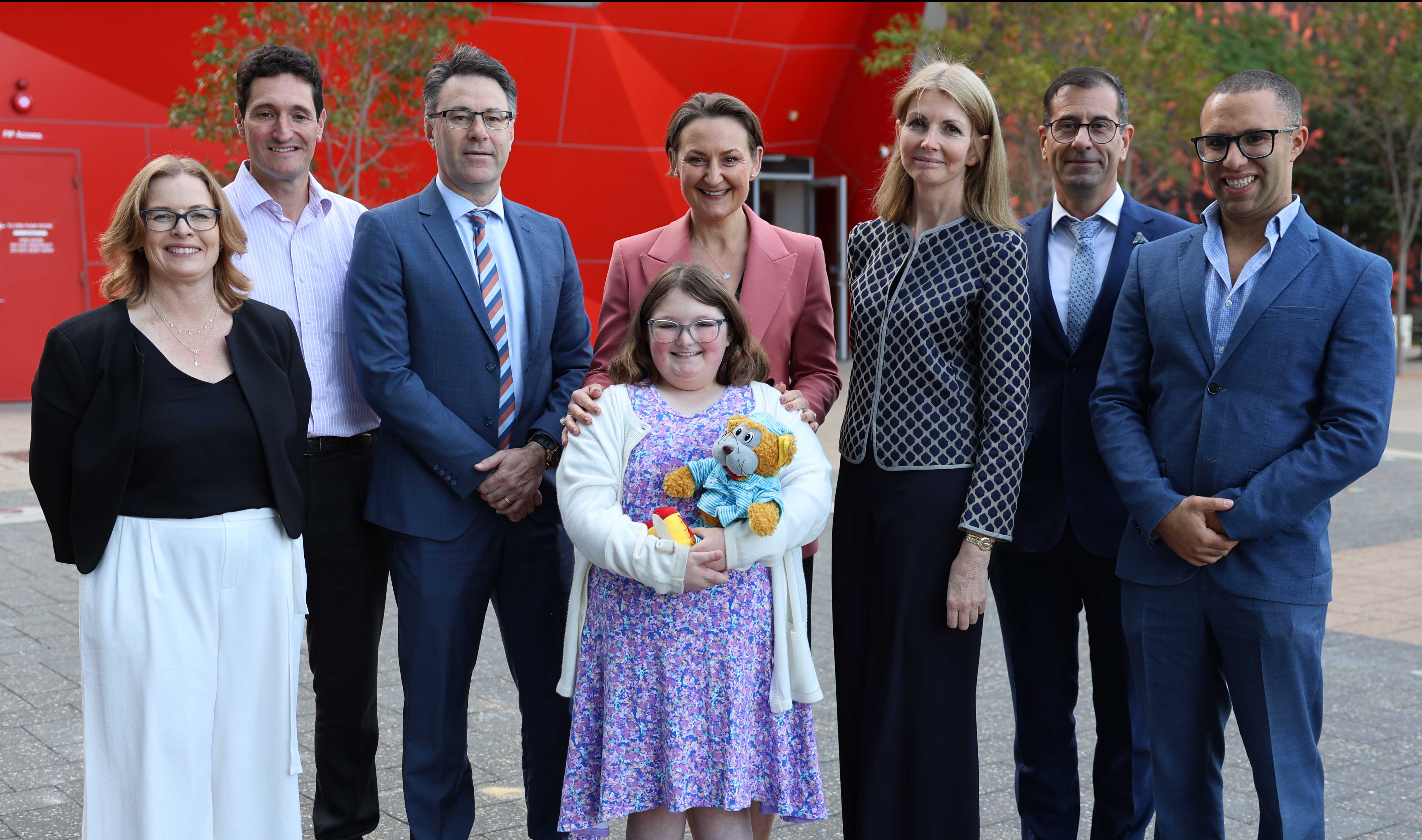New initiative to support children with rare condition
 New high tech genetic screening to support families with rare diseases
New high tech genetic screening to support families with rare diseases
A state-of-the-art diagnostic tool has arrived in Western Australia to help more children be tested for rare conditions, thanks to an initiative led by Genetic Health WA and Pathwest.
Director Genetic Services Western Australia Professor Nickolas Pachter teamed up with Pathwest’s Diagnostic Genomics Head of Department Dr Dimitar Azmanov to secure the $6 million grant from Telethon to buy the machine and fund its operation for the first five years.
North Metropolitan Health Service Chief Executive Joel Gurr said it is expected the initiative will allow up to 600 WA babies, children, and adolescents with rare diseases to be assessed per year.
“It is estimated up to 300 of these cases will receive a diagnosis, making a profound difference to the future care of these babies, children and adolescents and their families,” he said.
The high-tech Novaseq genomic sequencer can examine a person’s genetic makeup to test for more than 6,000 rare diseases giving much needed answers for medical mysteries.
Until recently it has not been easy for many Western Australian families to receive a diagnosis for a rare condition.
Twelve-year-old Bayleigh knows the feeling of having an undiagnosed rare disease all too well.
She grapples with sudden episodes of being unable to breathe, extreme fatigue, fragile bones, and a stature much smaller than her peers.
Despite a number of surgeries on her brain, her teeth, her eyes and her hip, her family remains without a clear diagnosis.
Jess Ackerman-Davids said her daughter Bayleigh has had her case sent to America, the Netherlands, Sydney, and her blood tests are currently over in Melbourne,”.
“I have been fighting since birth for answers, and it has just been a bit of a challenge. She is a walking medical mystery,” Jess said.
Professor Nick Pachter from Genetics Health WA says a diagnosis can inform how a condition is inherited in the family and can help parents planning to have further children with reproductive decision-making.
“Making a diagnosis gives certainty and creates a network and community rather than the person feeling isolated,” he said.
Telethon donations of $6 million over the next five years have made the launch of this diagnostic tool possible, while the State Government invested $3 million in crucial support, including a genetic pathologist, clinical geneticist, and genetic counsellor, ensuring comprehensive care for families navigating these challenging journeys.
Based at King Edward Memorial Hospital, Genetic Health WA provides genetic counselling, genetic testing, and family planning support for people impacted by certain genetic conditions.
Thank you Telethon and thank you to the Western Australians whose generous donations to Telethon will help improve the lives of others.

